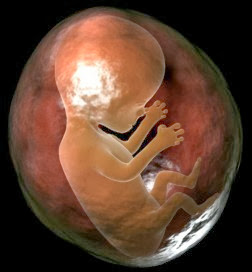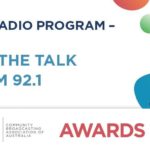Children learn language pretty fast.
But a new study shows that babies who are even a few hours old can tell the difference between their mother tongue and other languages. How do they do it?
Linguist Daniel Midgley gets in touch with his inner child on this episode of Talk the Talk.
Listen to this episode
You can listen to all the episodes of Talk the Talk by pasting this URL into your podlistener.
http://danielmidgley.com/talkthetalk/talk_classic.xmlI wasn’t planning to talk about Old English in this podcast. It’s meant to be about babies and how they can hear vowels in the womb. But Ben liked the idea of having a ‘dual pronoun’ — wit was the word for ‘the two of us’ — so he’s bringing it back. I’ll help him. It might not catch on, but wit shall do wit’s best.
There’s also stuff about counting. Can’t get enough about words for numbers.
Show notes
We know babies prefer the language spoken by their mother
Google Books link
and now it seems that they can hear vowel sounds in utero.
http://www.sciencenews.org/view/generic/id/347400/description/Language_learning_may_begin_before_birth
http://medicalxpress.com/news/2013-01-womb-babies-language-mothers.html
In other news, slightly older children can distinguish numbers up to four
http://theamericanscholar.org/babies-bamboozled-by-numbers/#.USbEclq61Jk
but small differences between large numbers sometimes evades them.
http://babylab.berkeley.edu/XuArriaga.pdf
Languages handle numbers differently. There are ‘one, two, many’ languages, and even ‘one, two, three, many’ languages, but there aren’t any ‘one, two, three, four, many’ languages.
http://en.wikipedia.org/wiki/Grammatical_number
English used to have dual pronouns.
http://en.wikipedia.org/wiki/Old_English_grammar#Pronouns









